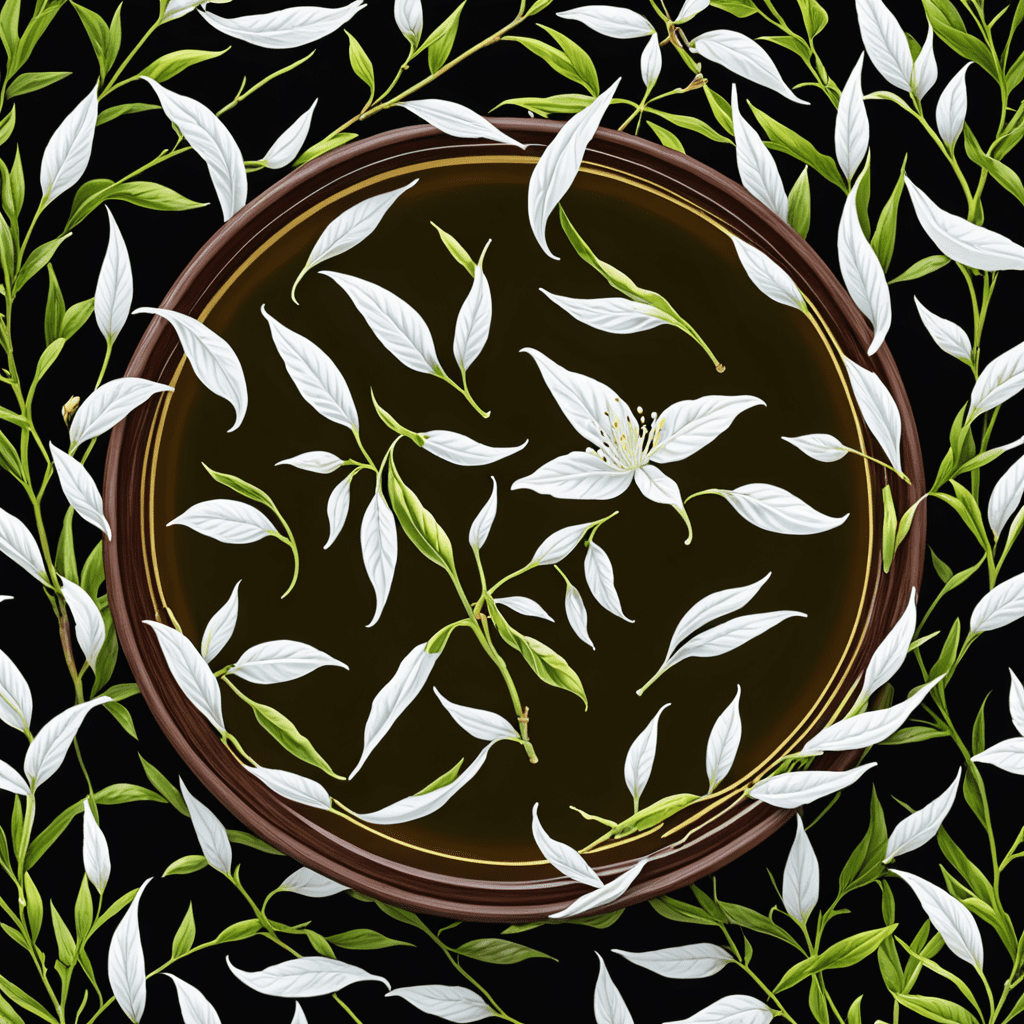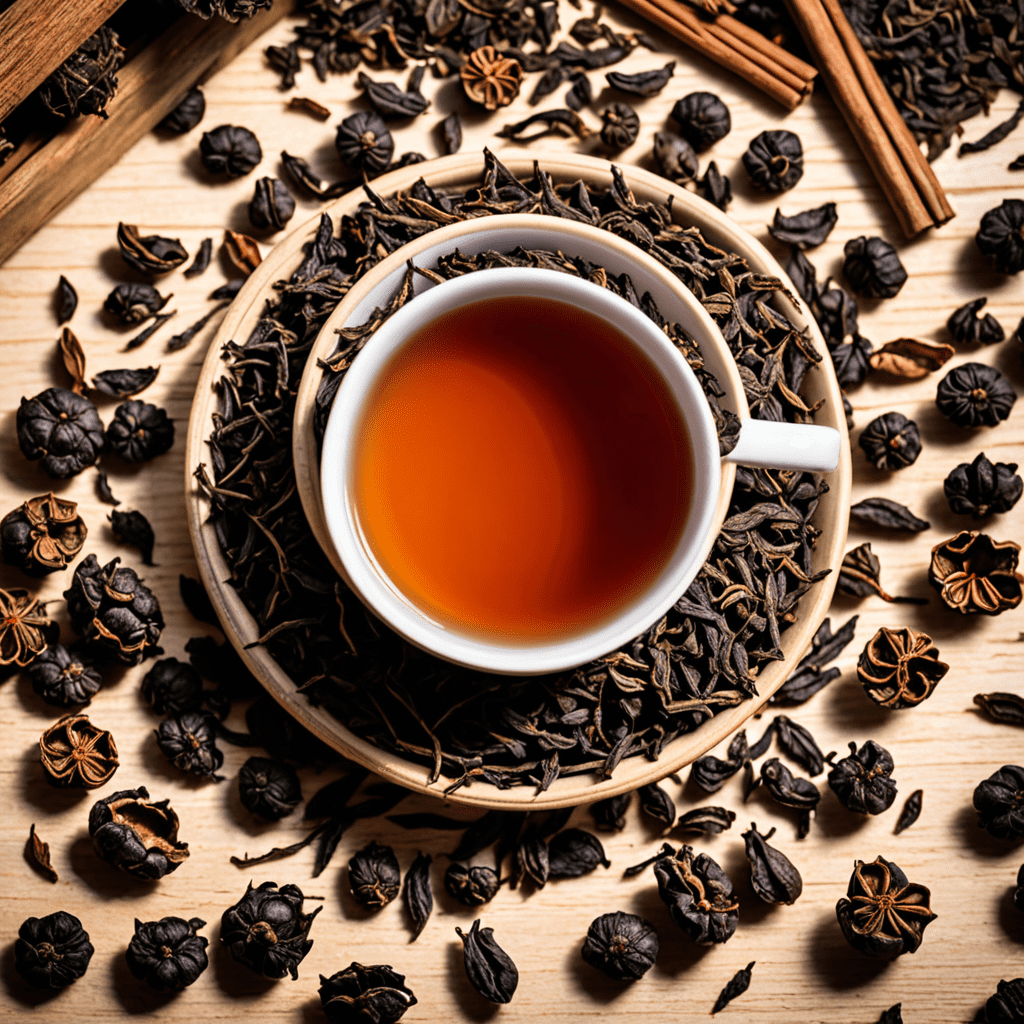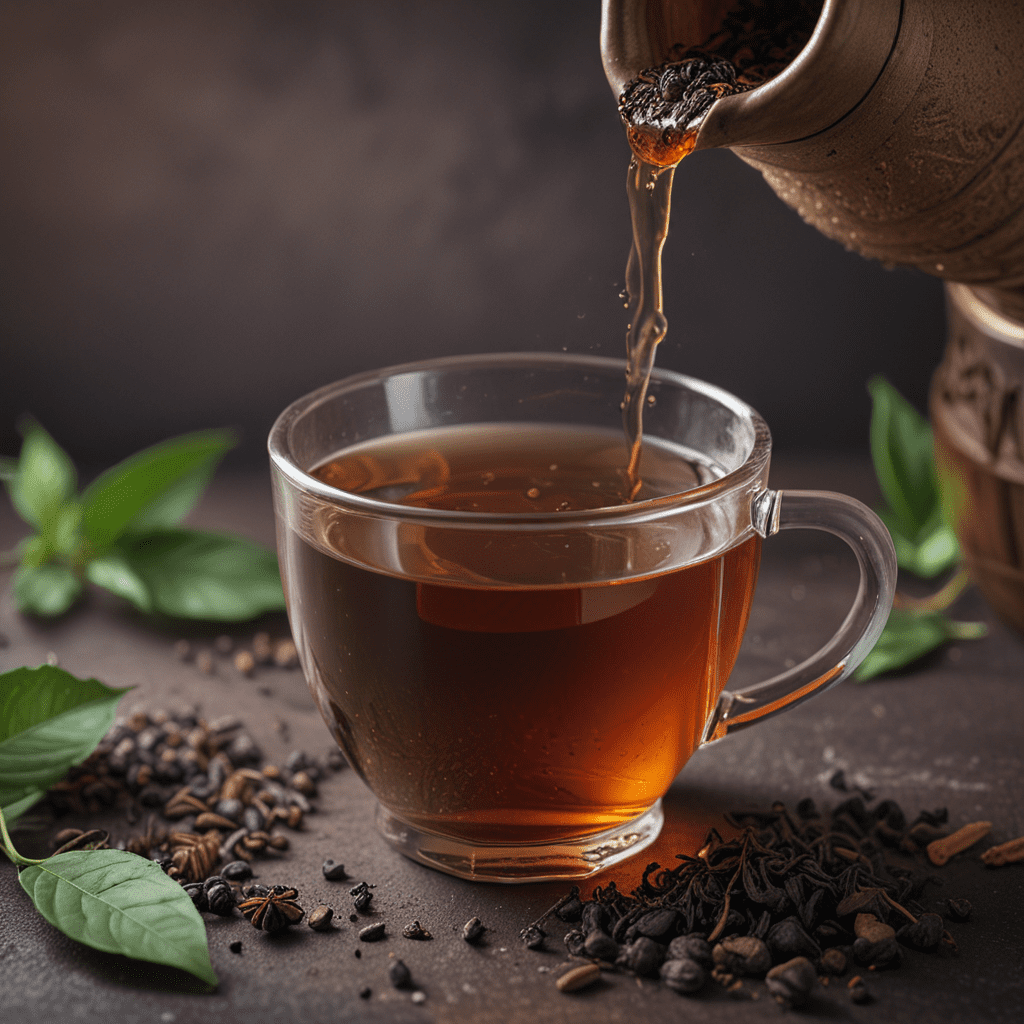Discover the Surprising Caffeine Content of Diet Green Tea – All You Need to Know!
If you’re a tea lover who is conscious about their caffeine intake, then diet green tea may seem like the perfect choice. Green tea is renowned for its numerous health benefits, and the diet version offers a healthier alternative with reduced calories. But how much caffeine does diet green tea actually contain? In this article, we will explore the caffeine content of diet green tea and provide you with all the essential information you need to make an informed decision.
Understanding Caffeine in Diet Green Tea
Caffeine is a naturally occurring stimulant found in various plants, including tea leaves. It is known for its ability to increase alertness and temporarily ward off fatigue. Green tea, including diet green tea, contains caffeine but usually in smaller amounts compared to other popular beverages like coffee and black tea.
The Caffeine Content of Diet Green Tea
Diet green tea typically contains anywhere between 10 to 40 milligrams (mg) of caffeine per 8-ounce serving. However, it’s important to note that caffeine content can vary depending on the brand and brewing method. Some brands may even offer decaffeinated versions of diet green tea, which contain little to no caffeine at all. So be sure to check the packaging or the brand’s website for specific information on their diet green tea products.
Factors Affecting Caffeine Levels in Diet Green Tea
While the average caffeine content in diet green tea may range from 10 to 40 mg per serving, there are several factors that can influence the actual levels you consume:
1. Tea Leaf Quality and Origin
The quality and origin of the tea leaves used in diet green tea can impact its caffeine content. Different tea varieties, such as matcha or sencha, may have varying levels of caffeine.
2. Steeping Time and Temperature
Steeping your diet green tea for a longer duration or at higher temperatures can extract more caffeine from the tea leaves. For those looking to reduce their caffeine intake, consider brewing your tea for a shorter period or using cooler water.
3. Serving Size
The amount of diet green tea you consume in one serving will directly affect your caffeine intake. Pay attention to the recommended serving size mentioned on the packaging to better understand how much caffeine you are consuming.
Benefits of Caffeine in Diet Green Tea
While some individuals may actively seek out low-caffeine options, it’s worth noting that caffeine, when consumed in moderation, can offer several potential benefits:
- Increased alertness and focus
- Boosted metabolism and fat-burning potential
- Enhanced physical performance
- Improved mood and mental well-being
These benefits, combined with the many health advantages of green tea, make diet green tea a popular choice for those looking to lead a healthy lifestyle.
Frequently Asked Questions (FAQ)
Q: Is diet green tea caffeine-free?
A: While diet green tea may have reduced caffeine content compared to regular green tea, it is not entirely caffeine-free. The exact amount of caffeine can vary based on the brand and brewing method.
Q: Can I drink diet green tea before bed?
A: If you are sensitive to caffeine, it is recommended to avoid consuming diet green tea before bed. The caffeine content can interfere with your sleep quality and make it more difficult to fall asleep.
Q: How does the caffeine content of diet green tea compare to other teas?
A: Generally, diet green tea contains less caffeine compared to black tea and coffee. However, specific caffeine levels can vary, so it’s important to check the packaging or brand’s website for accurate information.
Q: Is caffeine in green tea bad for my health?
A: When consumed in moderation, caffeine from diet green tea is generally considered safe for most individuals. However, if you have any existing health conditions or are sensitive to caffeine, it is advisable to consult with your healthcare provider.
Q: Can I reduce the caffeine content in my diet green tea?
A: Yes, there are methods to reduce caffeine levels in your diet green tea. Steeping the tea for a shorter duration, using cooler water, or opting for decaffeinated variants can help lower the caffeine content.
Q: Are there any side effects of consuming too much caffeine from diet green tea?
A: Consuming excessive amounts of caffeine can potentially lead to side effects such as restlessness, increased heart rate, anxiety, and difficulty sleeping. It’s important to monitor your caffeine intake and stay within the recommended limits.
In conclusion, diet green tea contains varying levels of caffeine, typically ranging from 10 to 40 mg per serving. The caffeine content can be influenced by factors such as tea leaf quality, steeping time, and serving size. While caffeine can offer certain benefits when consumed in moderation, it’s essential to be aware of your individual sensitivity and consult with a healthcare professional if needed. Enjoy your diet green tea mindfully and make informed choices to suit your caffeine preferences and overall well-being.


